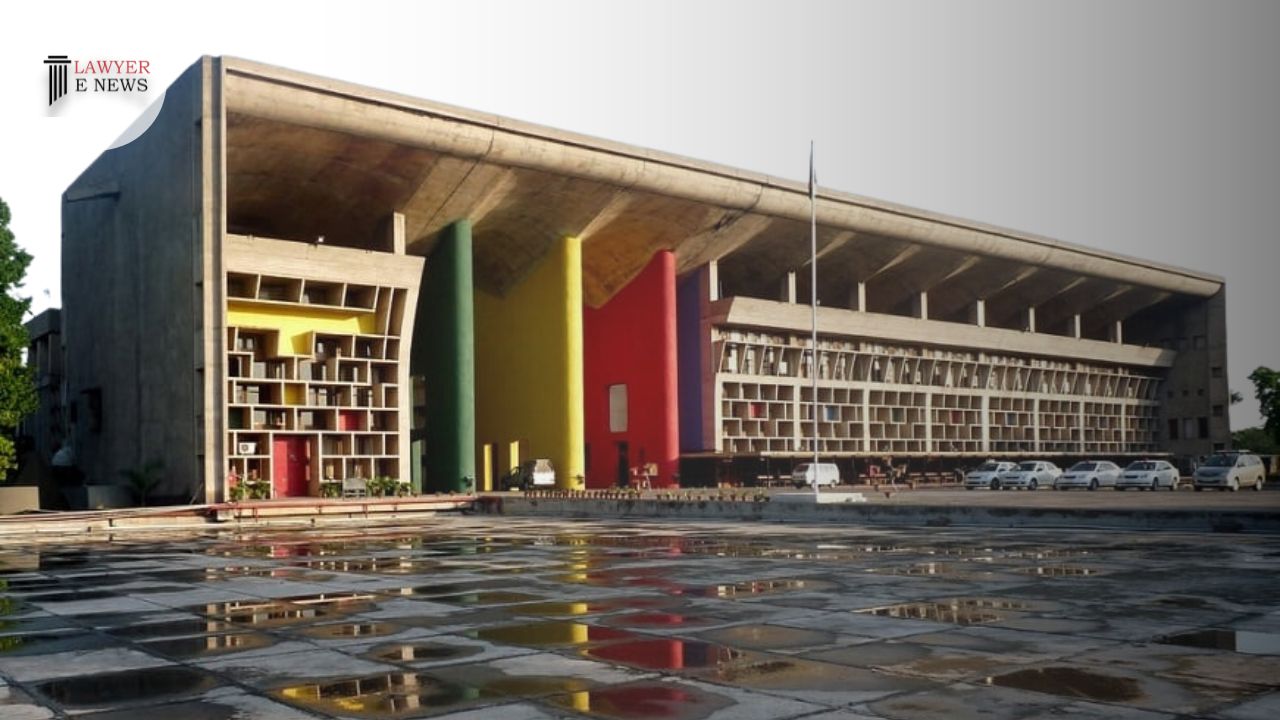-
by Admin
15 February 2026 5:35 AM



In a recent decision, the High Court of Punjab and Haryana granted regular bail to Akashdeep Singh, who was implicated in a drug case under the stringent Narcotic Drugs and Psychotropic Substances Act, 1985. Hon’ble Mr. Justice Jasjit Singh Bedi, presiding over the matter, observed that “further incarceration of the petitioner is not required,” marking a pivotal moment in the case that has garnered attention due to its implications on bail laws in NDPS cases.
The petitioner was seeking bail in connection with FIR No.43, registered at Police Station Kahnuwan, District Gurdaspur, under Sections 22 and later 29 of the NDPS Act, 1985. The case pivoted on the fact that Akashdeep Singh was solely implicated based on the disclosure statement of a co-accused, with no corroborative evidence or recovery from him.
In his judgement, Justice Bedi noted, “the petitioner is named in the disclosure statement of his co-accused and no recovery whatsoever has been effected from him.” This observation was crucial in determining the course of the trial, as it underscored the lack of direct evidence against the petitioner.
The court’s decision was also influenced by various precedents where bail was granted under similar circumstances. These cases emphasized the importance of corroborative evidence in addition to a co-accused’s disclosure, a principle that played a significant role in this judgement.
Advocates Rajesh Kapila and Himani Kapila represented the petitioner, while Deputy Advocate General Ms. Ramta K Chaudhary represented the State of Punjab. Their arguments highlighted the nuances of the NDPS Act and the importance of personal liberty in bail considerations.
The judgement is seen as a beacon of hope for those implicated in NDPS cases on tenuous grounds. It underscores the judiciary’s balanced approach in upholding the rights of the accused while considering the seriousness of the allegations. As the trial continues, this ruling will undoubtedly be a significant reference point for future bail applications under the NDPS Act.
Date of Decision: 07 November 2023
Akashdeep Singh. VS State of Punjab.
